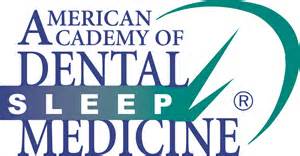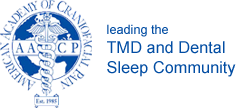Dental Trivia: Famous Dentists in History
/ We all know the story of Paul Revere's “Midnight Ride” during which Revere alerted the Colonial militia to the pending arrival of British forces before the battles of Lexington and Concord. While Paul Revere's Patriotic efforts and famous (albeit misquoted) phrase (“The British are coming!”) may be what most people think of when his name comes up, Revere was a regular Renaissance man– Revolutionary style, of course.
We all know the story of Paul Revere's “Midnight Ride” during which Revere alerted the Colonial militia to the pending arrival of British forces before the battles of Lexington and Concord. While Paul Revere's Patriotic efforts and famous (albeit misquoted) phrase (“The British are coming!”) may be what most people think of when his name comes up, Revere was a regular Renaissance man– Revolutionary style, of course.
It turns out that he had a knack for dentistry, too. Paul Revere studied under dental surgeon John Baker and learned to make false teeth out of ivory and place them with wire. On September 19, 1768, Revere advertised his skills as a dentist and prided himself on the aesthetic and functional quality of his handiwork. After the Battle of Bunker Hill, Paul Revere had a chance to attest to his craft in an instance of early forensics.
Dr. Joseph Warren had been killed in the Battle and was buried along with the other casualties in an unmarked grave. Almost a year later, the bodies were exhumed to be examined, and Revere recognized Warren by a false tooth he had previously given him. This turned out the be the first recorded body identification done by dental recognition– which makes Paul Revere a very historic guy, indeed.
Modern dentistry has come a long way. Give us a call at (301) 839-0055 or (301) 652-3444 to schedule an appointment with us today!



